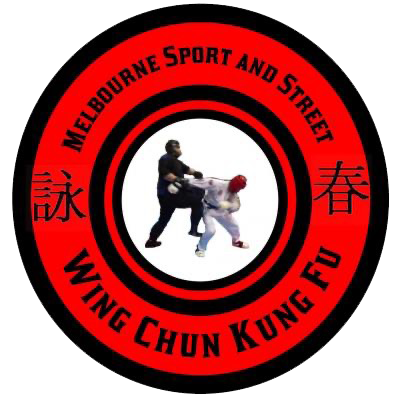Can Muay Thai Beat Wing Chun?
By Maurice Novoa a master under the Yuen Kay Shan, Ip Man and Pan Nam lineages.
Introduction
When it comes to martial arts, the question of which style is superior in a fight often arises. One frequently debated matchup is between Muay Thai and Wing Chun. Muay Thai is a Thai combat sport known for its powerful strikes and devastating clinch techniques, while Wing Chun is a Chinese martial art that focuses on close-quarters combat and efficient techniques. In this article, we will examine the potential outcomes of a hypothetical Muay Thai versus Wing Chun matchup and analyze the strengths and weaknesses of each style.
Understanding the Styles
Muay Thai is renowned for its aggressive striking techniques, incorporating punches, kicks, elbows, and knee strikes. Practitioners of Muay Thai undergo rigorous training to develop strength, speed, and conditioning, enabling them to deliver powerful blows and sustain high levels of endurance. On the other hand, Wing Chun emphasizes close-range combat, rapid hand techniques, and efficient body movements. Its focus is on simultaneous attack and defense, using techniques like chain punches, trapping, and grappling.
Striking and Kicking Techniques
In terms of striking and kicking techniques, Muay Thai has a clear advantage. Muay Thai practitioners are trained extensively in delivering devastating blows with various parts of their body, including fists, shins, elbows, and knees. Their kicks are powerful and versatile, allowing them to target different areas of the body with considerable force. In contrast, Wing Chun primarily focuses on close-range strikes and uses kicks sparingly. While Wing Chun strikes can be swift and precise, they may not match the power and versatility of Muay Thai strikes.
Muay Thai Clinch and Close-Range Combat
When it comes to clinch and close-range combat, Muay Thai’s expertise shines through. Muay Thai practitioners are well-versed in clinching techniques, utilizing knees and elbows to devastating effect. The clinch allows them to control their opponent, deliver powerful strikes, and disrupt their balance. Wing Chun, while proficient in close-quarters combat, may face challenges against Muay Thai’s clinching expertise and the versatility of strikes from that range.
Wing Chun’s Speed and Defense
Wing Chun excels in speed and defense, which could pose a challenge for Muay Thai practitioners. Wing Chun’s quick and precise hand techniques, combined with its emphasis on simultaneous attack and defense, can make it difficult for opponents to land clean strikes. Wing Chun’s focus on defense and interception allows practitioners to neutralize incoming attacks swiftly. However, Muay Thai practitioners’ conditioning, power, and clinch techniques may provide them with the ability to overcome speed and defense through relentless pressure and attrition.
Adaptability and Strategy
Both Muay Thai and Wing Chun have their own strategies and approaches to combat. Muay Thai emphasizes aggressive forward movement, clinching, and powerful strikes, aiming to overwhelm opponents with relentless attacks. Wing Chun, on the other hand, focuses on close-quarters combat, rapid strikes, and trapping techniques to control and neutralize opponents. The outcome of a hypothetical matchup would greatly depend on the adaptability and strategy of the individual practitioners. It is important to note that skill level and experience play significant roles in determining the effectiveness of a martial art in combat.
Conclusion
In a hypothetical matchup between Muay Thai and another style, the outcome would depend on various factors, including the skill level and strategy of the individual practitioners. Muay Thai’s power, striking techniques, and clinch expertise could pose challenges for close-quarters combat and efficient techniques. However, speed, defense, and simultaneous attack and defense approaches could also present difficulties for practitioners of the other style. It is worth noting that in a controlled ring environment, Muay Thai’s attributes may give it an advantage. On the other hand, in real-life street scenarios, where factors such as confined spaces and unpredictable variables come into play, Wing Chun’s principles may prove advantageous.

